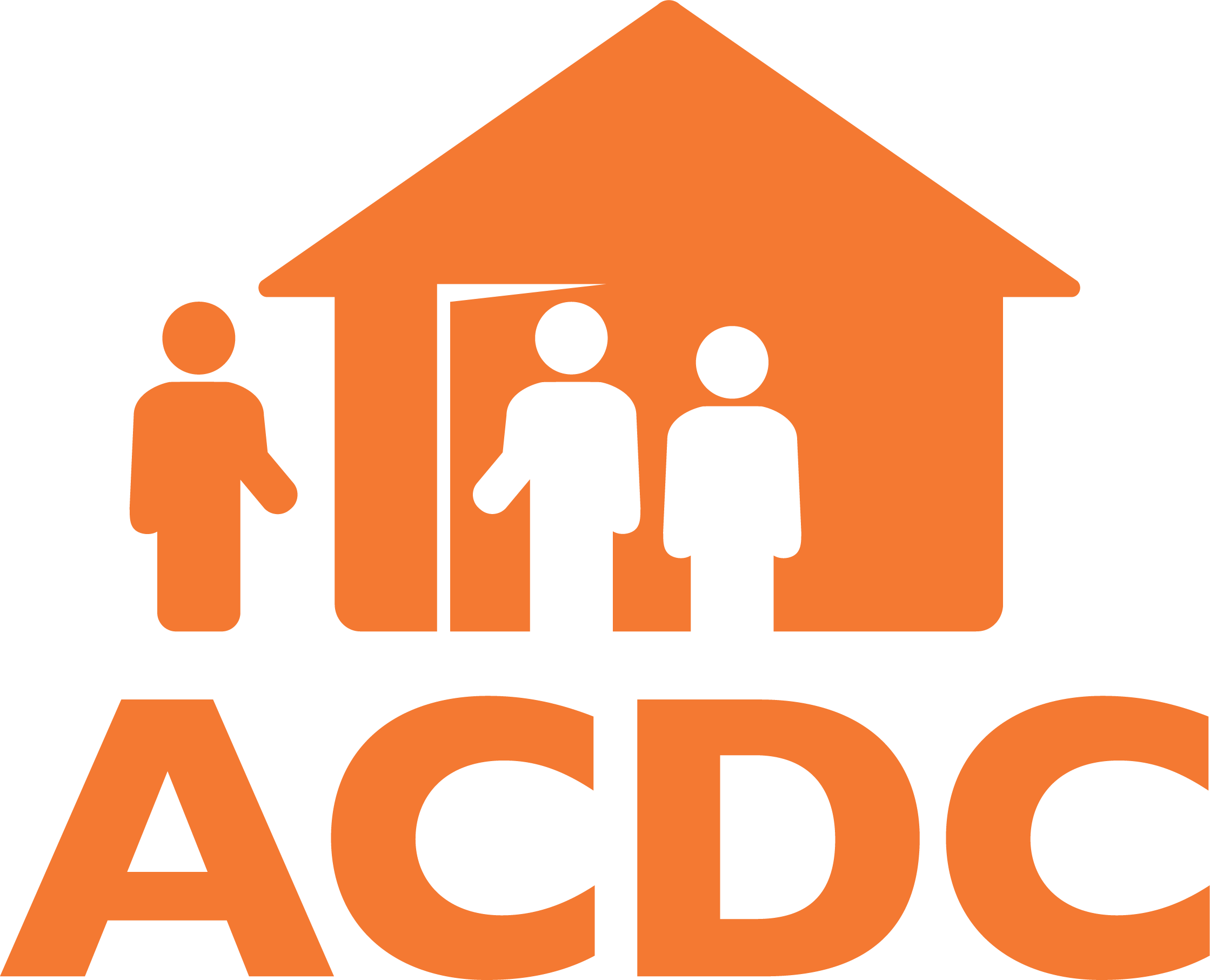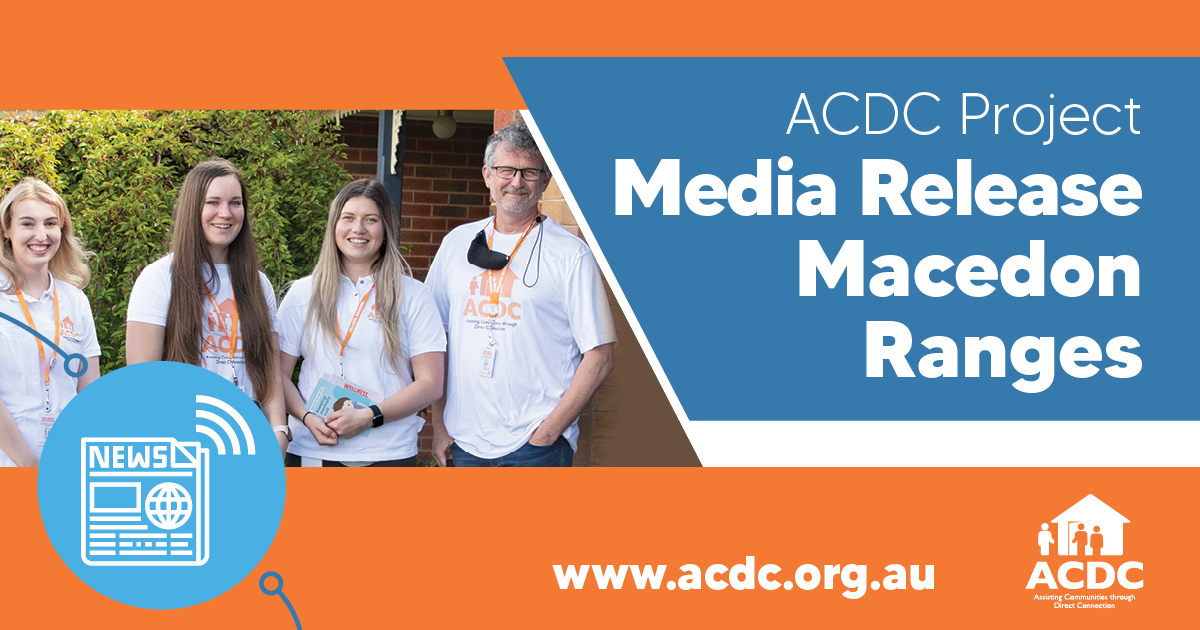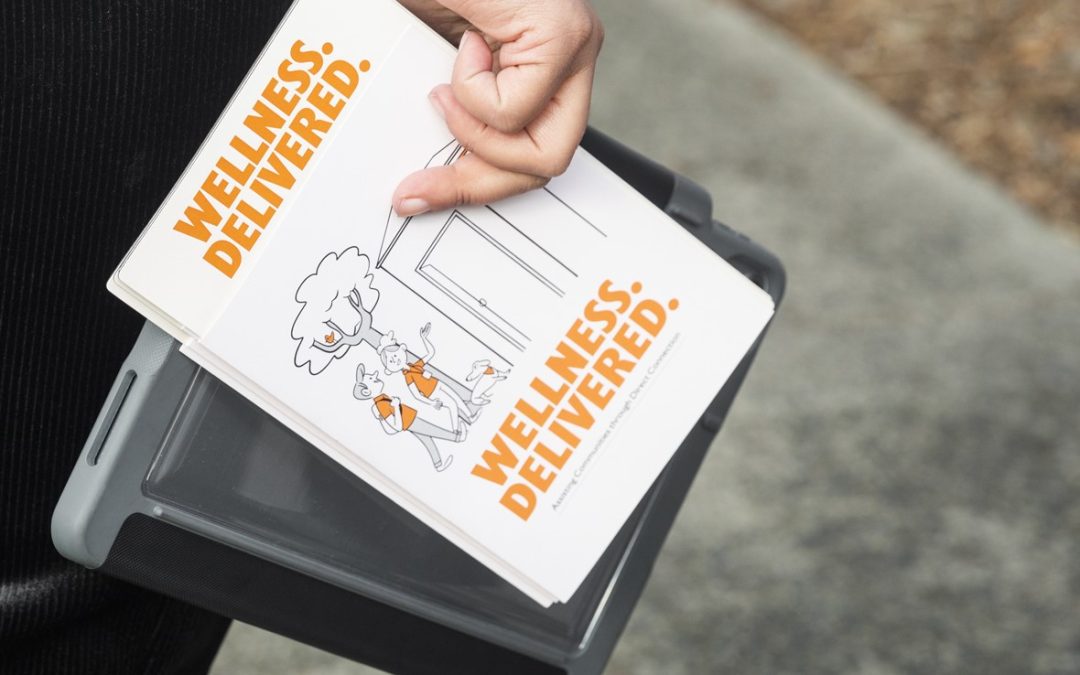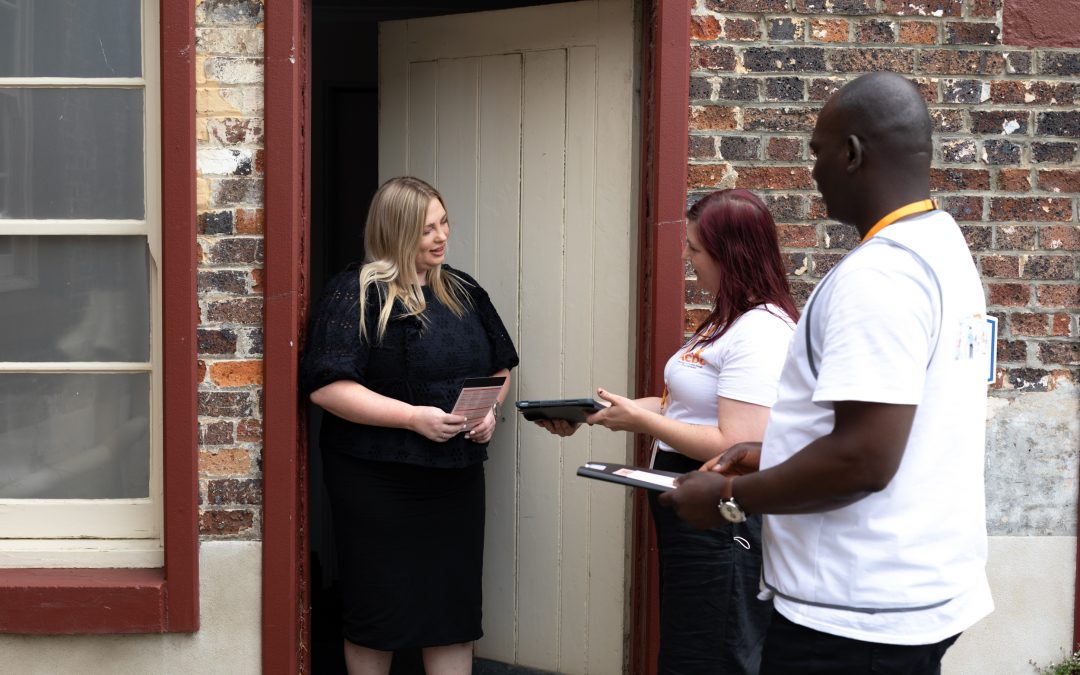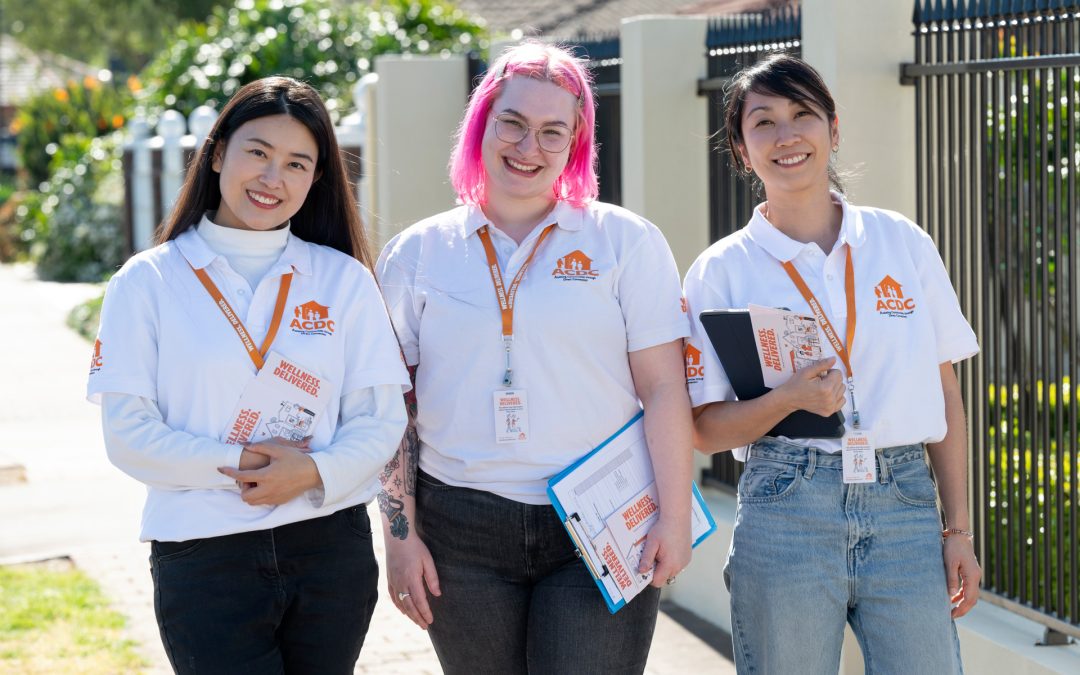Sometimes all it takes is a conversation.
A new project in the Macedon Ranges aims to talk with community members about their mental health and help link them with wellbeing services in the area. With the impacts of the COVID-19 pandemic still felt throughout Australia, the Assisting Communities through Direct Connection (ACDC) project is going door-to-door to check in with locals. The Macedon Ranges site is one of 20 being run around Australia by Community Mental Health Australia (CMHA).
CMHA are working with local service provider, HMS Collective, to doorknock in Gisborne and Romsey from October 2021 to January 2022.
“Unfortunately for many reasons people do not want to talk about or even think about their mental health,” says CMHA CEO, Bill Gye.
“People may prefer to tough it out, hide it from others, or avoid the stigma. The ACDC Project is going directly to households in Australia to engage them in conversation about these important issues.”
The ACDC Project are not typical door knockers. They make contact via friendly ‘People Connectors’ who let people know about the free services available and deliver an information pack with a fridge magnet and brochures. The local services included in the information packs are easily accessible and relevant to the Macedon Ranges community.
The ACDC Project Line Manager, Jacqui Wilkinson, hopes the project will have multiples areas of impact for the local community.
“The project will help to reduce the stigma around mental health in our community, create awareness of our local mental health and wellbeing services, and provide opportunities for future improvements in mental health in the Macedon Ranges.”
The other aim of the ACDC Project is to gather feedback on any service gaps so that improvements can be made by local, state, and federal governments.
Shannon Sharkey, a People Connector in the Macedon Ranges, says she was not sure how people would respond to someone showing up at their door, but locals have been more than friendly so far.
“It has been a really positive experience with most householders being interested in having a chat with us. People are really grateful once they feel they have been listened to.”
For each of the communities visited throughout Australia, the ACDC Project will generate data and information about the reasons why people do not access support from local services.
The findings of the ACDC Project evaluation report will contribute to discussions about funding for community-managed mental health services in Australia, and how the mental health support needs of people in communities are delivered.
“This will benefit our community in many ways not just now whilst we are door knocking and having meaningful social interactions, but also into the future for how mental health services are delivered in regional and rural communities,” says Jacqui.
It will also evaluate how effective a proactive approach is in reaching, engaging, and resourcing people to connect with services.
“The ACDC Project aims to address a serious problem with mental health services in Australia. Often, people only look for or receive support when they are in crisis. We must be much more proactive connecting and communicating with people about the importance of wellbeing. Prevention and early intervention are far more effective than dealing with people in crisis,” says Bill Gye.
The ACDC project provides this important information to householders of all educational, cultural, and language backgrounds to promote access to mental health, social and emotional wellbeing support.
If the householder is not home a card is left in their letterbox with contact details so they can ask the People Connectors to come back.
The ACDC Project is funded by the Department of Social Services.
END
